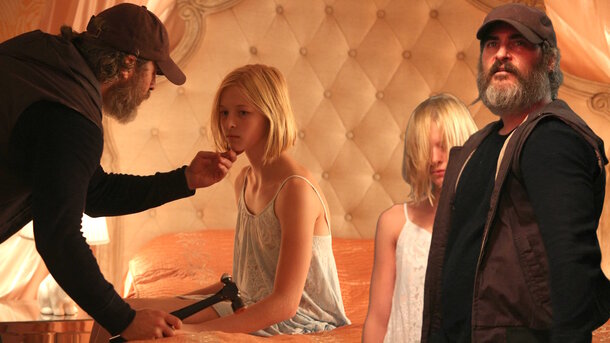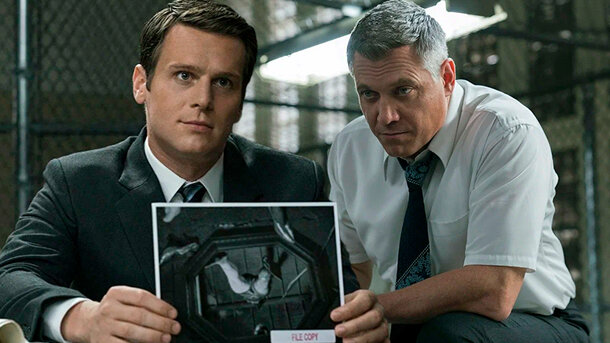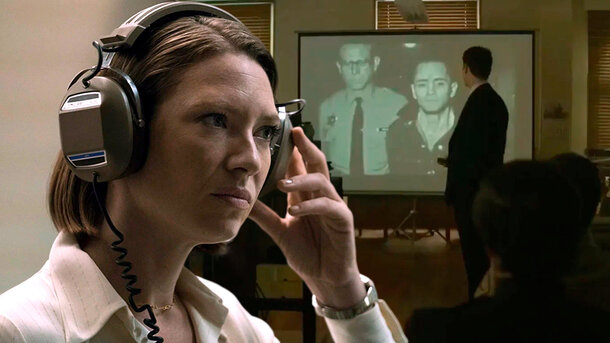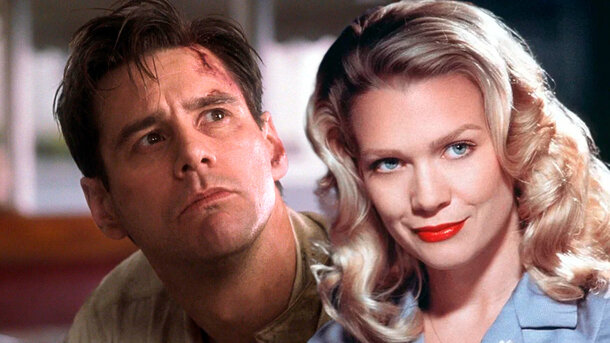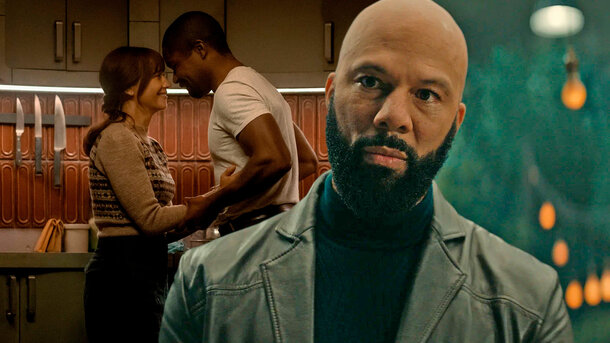I still remember the evening I first watched You Were Never Really Here. The film's raw intensity left me in a contemplative silence that lingered long after the credits rolled. Directed by Lynne Ramsay, this 2017 neo-noir thriller is a masterclass in storytelling, delving deep into the fractured mind of its protagonist, Joe, portrayed by the incomparable Joaquin Phoenix.
Plot Overview
Without delving into spoilers, the narrative follows Joe, a tormented veteran who has dedicated his life to rescuing trafficked girls. His latest mission — to retrieve a senator's kidnapped daughter — plunges him into a labyrinth of corruption and violence. As he confronts external adversaries, Joe is also forced to grapple with his own harrowing past, leading to a profound exploration of trauma and redemption.
Director’s Vision
Lynne Ramsay's direction is nothing short of visionary. She crafts a narrative that's both sparse and profound, using visual storytelling to convey the depths of Joe's psyche. The film's fragmented structure mirrors Joe's mental state, immersing the audience in his world of pain and fleeting moments of hope. Ramsay's ability to balance brutality with tenderness is a testament to her directorial prowess.

Performances
Joaquin Phoenix delivers a performance that is both ferocious and vulnerable. His portrayal of Joe is a study in contrasts — a man capable of immense violence, yet yearning for peace. Phoenix's commitment to the role is evident in every frame, capturing the essence of a man on the brink. Ekaterina Samsonov, as the young girl Nina, brings a haunting innocence to the screen, serving as a poignant counterpoint to Joe's turmoil.
Cinematography and Sound
Thomas Townend's cinematography is both gritty and poetic, capturing the stark realities of Joe's world while offering glimpses of beauty amidst the chaos. The use of shadow and light accentuates the film's themes of concealment and revelation. Complementing the visuals is Jonny Greenwood's evocative score, which pulsates with tension and melancholy, echoing Joe's internal struggles.
Themes and Symbolism
At its core, You Were Never Really Here is a meditation on trauma, isolation, and the quest for redemption. The film delves into the scars left by past abuses and the ways individuals seek solace. The recurring motif of water serves as a symbol of purification and escape, reflecting Joe's desire to cleanse himself of his past.
Final Verdict
You Were Never Really Here is a cinematic tour de force that challenges and captivates. It's a film that doesn't just tell a story but immerses you in an experience, leaving an indelible mark on your psyche. For those seeking a profound and unflinching exploration of the human condition, this film is an absolute must-watch.
IMDb Rating: 6.8/10
Awards and Nominations:
- Cannes Film Festival (2017): Best Screenplay (Lynne Ramsay), Best Actor (Joaquin Phoenix)
- British Independent Film Awards (2018): Best Music (Jonny Greenwood), Best Sound
- Independent Spirit Awards (2019): Best Editing (Joe Bini)
Note: The film's budget details are not publicly disclosed.
You Were Never Really Here is available for streaming on Amazon Prime Video.


